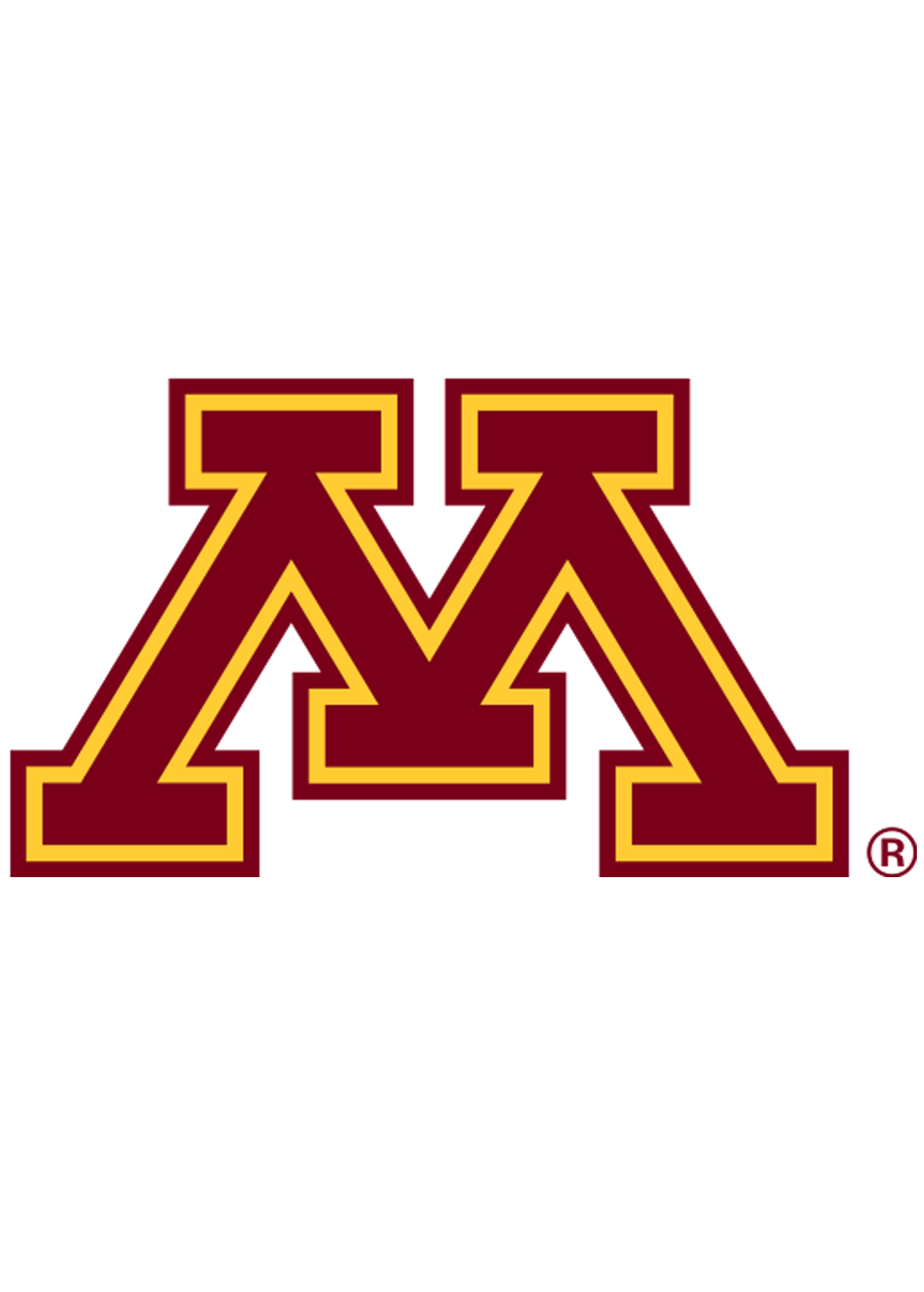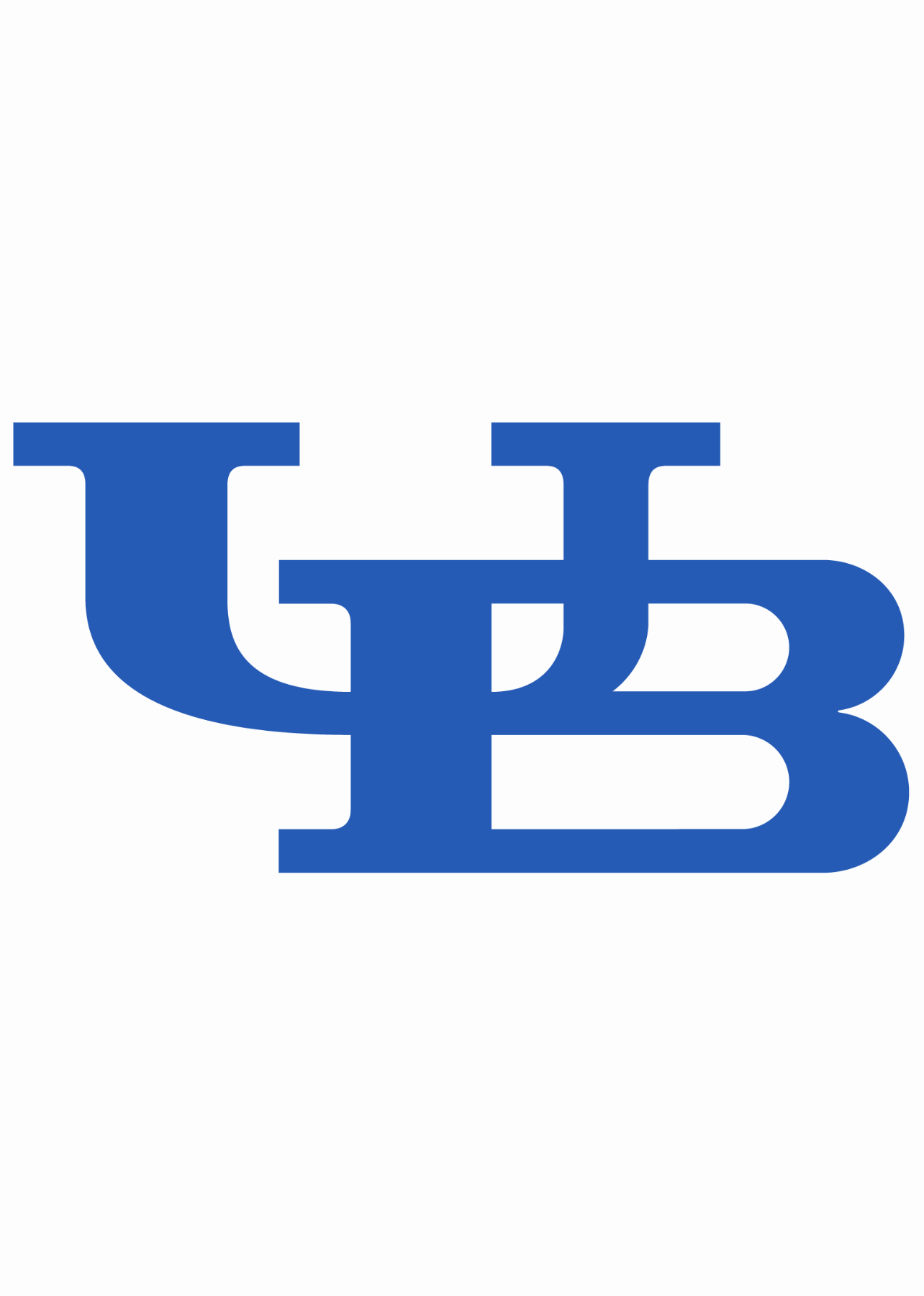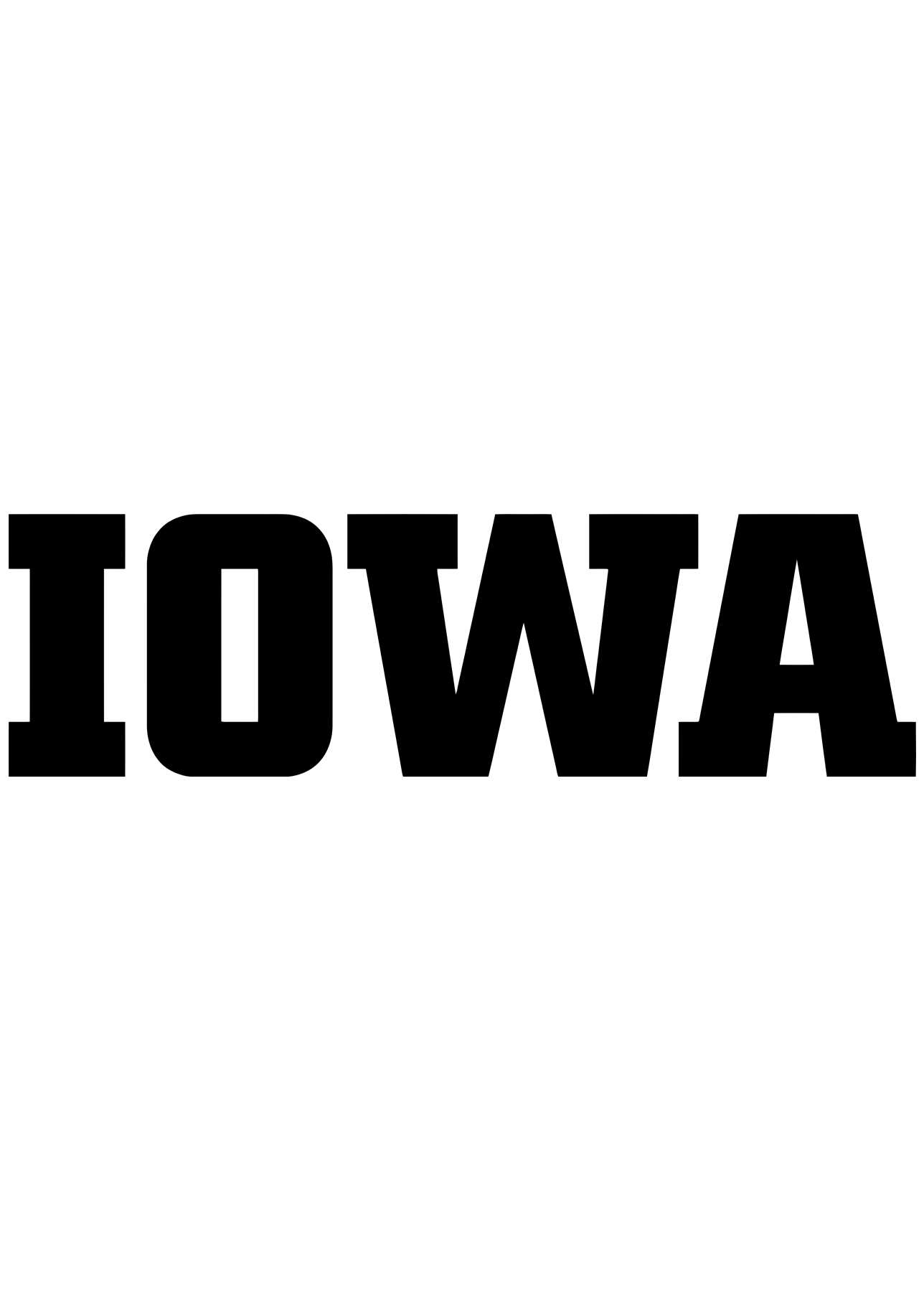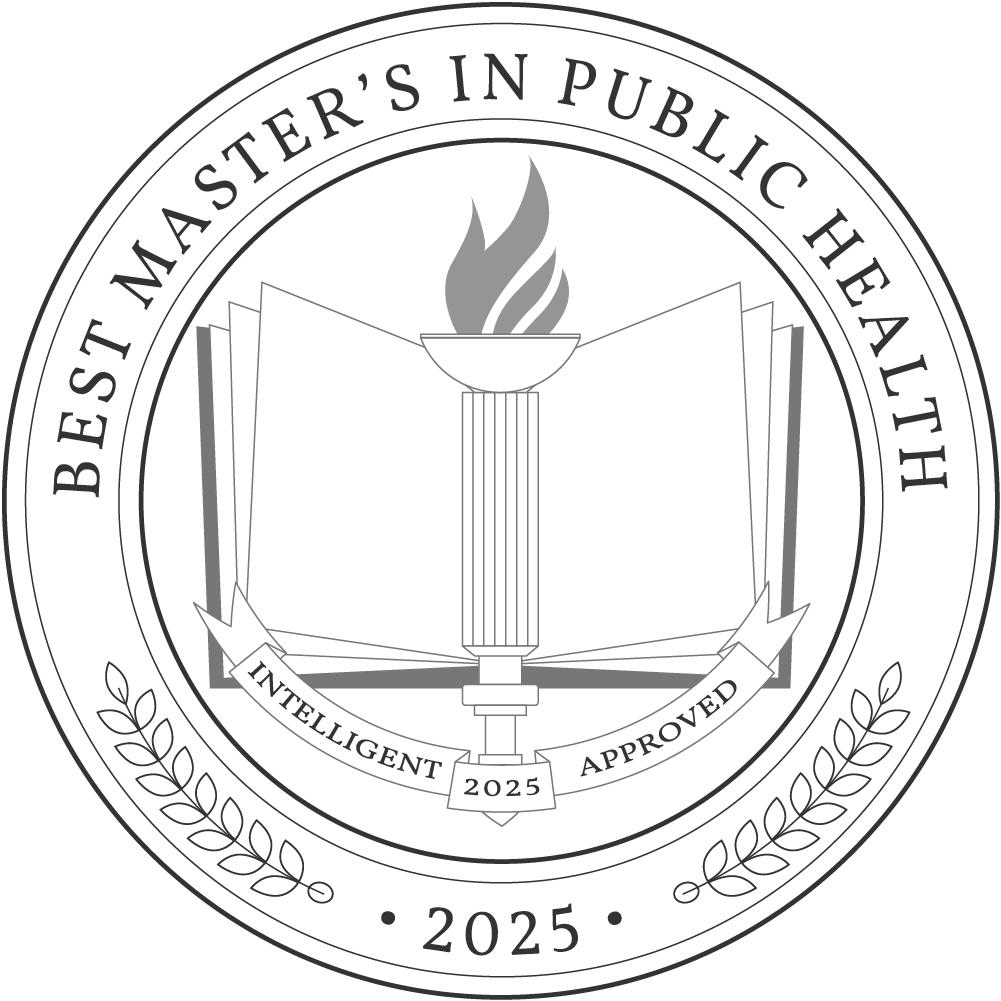Public health careers aim to identify and address large-scale health concerns, and rapid advancements in healthcare technology correspond to a high demand for skilled professionals with a master’s in public health degree. For example, the Bureau of Labor Statistics estimates a 19% growth from 2023 to 2033 for epidemiologists, who earn a median annual wage of $81,390.
With experiential learning and understanding of public health and numerous specialization options, public health graduate degrees prepare students for senior and advanced roles. Public health degrees can also unlock career opportunities in healthcare, research, education, government, and other organizations, such as health services management, policy analysis, and biostatistics.
Master’s in public health degree programs generally require at least 42 credits. They take about two years to complete and cost about $20,513 annually.
Why Trust Us
The Intelligent.com Higher Education Team is dedicated to providing students with independent, equitable school and program rankings and well-researched resources. Our expert-driven articles cover topics related to online colleges and programs, paying for school, and career outlooks. We use data from the U.S. Department of Education’s College Scorecard, the National Center for Education Statistics, and other reputable educational and professional organizations. Our academic advisory team reviews content and verifies accuracy throughout the year for the most current information. Partnerships do not influence rankings or editorial decisions.
- Analyzed over 2,000 national, accredited, and nonprofit colleges and universities
- 800+ rankings pages are reviewed and updated yearly
- Content is informed by reputable sources, surveys, and interviews with academic advisors and other experts
- Over 100 data points are reviewed for accuracy and quality throughout the year, including sources
How we rank schools
Our list features the best Master’s in Public Health degree programs at top colleges nationwide. Each school featured is a nonprofit, accredited institution — either public or private — with a high standard of academic quality for post-secondary institutions.
We evaluated each school’s program on tuition costs, admission, retention and graduation rates, faculty, reputation, and the student resources provided for online students. We collected data from trusted sources like the National Center for Education Statistics, individual school and program websites, school admissions counselors, and other data sources. Then, we calculated the Intelligent Score on a scale of 0 to 100 based on the following criterion:
Academic Quality:
- Admission rate versus enrollment rate
- Retention rate of students who return after year one
- Accreditation status (regional and programmatic)
- Nonprofit status, both private and public institutions
Graduation Rate
- Overall graduation rate
- Total number of currently enrolled students, including diversity metrics
- Student-to-faculty ratio
Cost and ROI
- In-state and out-of-state per-credit tuition rates and fees
- Required credits to graduate
- Earning potential after graduation
- Availability of federal student loans, scholarships, and other financial aid options
Student Resources
- Available student services for online-only and hybrid programs
- On-campus amenities like tutoring centers and the number of libraries
Read more about our ranking methodology.
Best 44 Accredited Master’s in Public Health Programs
FiltersInstitution Type
Status
- Intelligent Score
- Alphabetically By University Name
- Acceptance Rate
- Enrollment
- In-state Graduate Tuition
- Out-of-state Graduate Tuition
- In-state Undergraduate Tuition
- Out-of-state Undergraduate Tuition

Columbia University Mailman School of Public Health
Intelligent Score: 99.85In-state: $57,864
Out-of-state: $57,864
In-state: $49,024
Out-of-state: $49,024
SAT: 1460-1570
ACT: 33-35
$2,016
On-Campus
Middle States Commission on Higher Education
40-45

Johns Hopkins Bloomberg School of Public Health
Intelligent Score: 99.72In-state: $88,976
Out-of-state: $88,976
In-state: $91,435
Out-of-state: $91,435
SAT: 1520-1560
ACT: 34-35
$1,030
On-Campus, Online
Middle States Commission on Higher Education
80

Emory University
Intelligent Score: 99.45In-state: $53,070
Out-of-state: $53,070
In-state: $43,800
Out-of-state: $43,800
SAT: 1380-1530
ACT: 31-34
$981 - $1,064
On-Campus
Southern Association of Colleges and Schools Commission on Colleges
42-48

University of California, Los Angeles
Intelligent Score: 98.13In-state: $11,442
Out-of-state: $41,196
In-state: $11,442
Out-of-state: $11,442
SAT: 1310-1530
ACT: 30-35
$844 - $1,267
On-Campus
Council on Education for Public Health
60-78

University of Michigan
Intelligent Score: 97.56In-state: $16,520
Out-of-state: $53,669
In-state: $24,344
Out-of-state: $24,344
SAT: 1340-1520
ACT: 31-34
Resident: $1,833
Non-Resident: $3,052
On-Campus
Higher Learning Commission
42-60

University of Texas Health Sciences Center at Houston
Intelligent Score: 96.93In-state: $11,448
Out-of-state: $40,032
In-state: $12,028
Out-of-state: $12,028
SAT: 1210-1470
ACT: 26-33
Resident: $287
Non-Resident: $1,075
On-Campus, Online, Hybrid
Council on Education for Public Health
45

University of Minnesota
Intelligent Score: 95.19In-state: $13,318
Out-of-state: $31,616
In-state: $17,580
Out-of-state: $17,580
SAT: 1240-1460
ACT: 25-31
Resident: $1,107
Non-Resident: $1,455
On-Campus
Council on Education for Public Health
42-48

Harvard Chan School of Public Health
Intelligent Score: 94.64In-state: $49,653
Out-of-state: $49,653
In-state: $49,448
Out-of-state: $49,448
SAT: 1460-1580
ACT: 33-35
$969 - $1,596
On-Campus, Online, Hybrid
Council on Education for Public Health
45-65

University of North Carolina at Chapel Hill
Intelligent Score: 94.6In-state: $7,019
Out-of-state: $34,198
In-state: $10,552
Out-of-state: $10,552
SAT: 1280-1490
ACT: 28-33
Resident: $1,023
Non-Resident: $1,997
On-Campus, Online
Council on Education for Public Health
42

UW School of Public Health
Intelligent Score: 94.43In-state: $9,273
Out-of-state: $37,161
In-state: $10,728
Out-of-state: $10,728
SAT: 1260-1460
ACT: 27-32
Resident: $794
Non-Resident: $1,382
On-Campus
Council on Education for Public Health
63-65

GW Milken Institute School of Public Health
Intelligent Score: 94.42In-state: $55,961
Out-of-state: $55,961
In-state: $31,770
Out-of-state: $31,770
SAT: 1270-1450
ACT: 30-33
$1,835
On-Campus
Council on Education for Public Health
45

University of Maryland
Intelligent Score: 94.06In-state: $8,824
Out-of-state: $34,936
In-state: $13,158
Out-of-state: $13,158
SAT: 1270-1480
ACT: 30-34
Resident: $996
Non-Resident: $1,845
On-Campus
Middle States Commission on Higher Education
45

Boston University
Intelligent Score: 93.60In-state: $56,854
Out-of-state: $56,854
In-state: $56,854
Out-of-state: $56,854
SAT: 1310-1500
ACT: 30-34
$2,777
On-Campus, Online
New England Commission of Higher Education
48

Keck School of Medicine of USC
Intelligent Score: 92.58In-state: $59,260
Out-of-state: $59,260
In-state: $47,880
Out-of-state: $47,880
SAT: 1340-1530
ACT: 30-34
$2,244
On-Campus
Council on Education for Public Health
42

University of Georgia
Intelligent Score: 91.82In-state: $9,790
Out-of-state: $28,830
In-state: $8,878
Out-of-state: $8,878
SAT: 1250-1460
ACT: 29-33
Resident: $405
Non-Resident: $1,076
On-Campus, Online
Southern Association of Colleges and Schools Commission on Colleges
44

The Ohio State University
Intelligent Score: 89.86In-state: $10,615
Out-of-state: $32,599
In-state: $11,560
Out-of-state: $11,560
SAT: 1210-1430
ACT: 26-32
Resident: $782
Non-Resident: $1,733
On-Campus, Online
Higher Learning Commission
42-45

University at Buffalo
Intelligent Score: 89.79In-state: $7,070
Out-of-state: $24,740
In-state: $11,310
Out-of-state: $11,310
SAT: 1140-1310
ACT: 23-29
Resident: $471
Non-Resident: $1,011
On-Campus
Council on Education for Public Health
44-49

University of Iowa
Intelligent Score: 89.62In-state: $8,073
Out-of-state: $30,036
In-state: $10,079
Out-of-state: $10,079
SAT: 1110-1310
ACT: 22-29
$626
On-Campus
Higher Learning Commission
42-43
How to Choose a Master’s in Public Health Program
Choose your area of study
Compared to provider-to-patient care, public health graduate programs prepare students for roles in the broader health sector. Students develop leadership, communication, technical, and analysis skills to understand how policy intersects with public health challenges, business foundations, and sociological concepts.
Most Master of Public Health (MPH) programs are applied or professional degrees that prepare students for direct entry to careers in public policy, education, and health services. Examining public health fundamentals such as epidemiology, ethics, health policy, and biostatistics, graduates typically progress to roles as health services managers, policy analysts, environmental health scientists, and epidemiologists.
A Master of Science in Public Health (MSPH) covers similar core concepts, but the program curriculum typically focuses on research and skill development in data collection, research design, and analysis. These programs prepare students for careers in education, research, and policy analysis by emphasizing academic over applied learning.
Public health manages a wide array of complex factors that affect community health, and graduate programs likewise provide a wide selection of specializations and concentrations to develop highly skilled professionals with core competencies and specialized expertise. Consider the public health disciplines you envision yourself in, your educational goals, and personal interests to choose the right public health program and specialization, such as:
- Epidemiology
- Nutrition and dietetics
- Disaster management
- Occupational health and safety management
- Environmental health sciences
- Biostatistics
- Maternal and pediatric health
- Child health policy
- Health equity
- Health services administration
- Health education
- Reproductive health
- International health
- Behavioral and community health sciences
Research schools and programs
As you begin applying, visit public health program websites for more details, such as curriculum, faculty, and specializations. Contact admissions counselors and program representatives for additional insights or information. These resources can also direct you to in-person and virtual campus tours, information sessions, and other events.
Keep accreditation in mind when researching the best public health schools. The United States higher education system relies on institutional accreditation to ensure high-quality and standardized education in most schools, and accreditation status can significantly impact your education and career.
Institutions must earn regional or national accreditation for their students to qualify for federal financial aid, and some employers may require accreditation to satisfy job requirements. Many public health employers also require programmatic accreditation from the Council of Education for Public Health (CEPH). Search the Database of Accredited Postsecondary Institutions and Programs to verify the status of your selected public health schools.
Prepare for tests and applications
Public health master’s programs typically require a minimum 3.0 GPA and a bachelor’s degree in public health or related field. Since public health is a wide-ranging interdisciplinary field, many bachelor’s degrees in social and behavioral sciences qualify. Undergraduate coursework in statistics, biology, and other STEM subjects or public health-related professional experience can strengthen your application. Contact an admissions counselor to confirm the required information and materials.
Other standard admissions requirements for a public health program include:
- Application form and fees
- College or university transcripts
- Letter(s) of recommendation from professors or employers
- Personal essay or statement of purpose
- Current resume or CV highlighting relevant experience
- GRE or GMAT scores
- TOEFL scores (for students educated in a non-English language)
Select your program
Public health graduate programs offer varying resources, opportunities, and logistics that can influence your selection. Consider your educational and professional goals, financial resources, scheduling needs, and other factors to determine the best public health degree program for you.
For instance, many master’s students already have careers and attend graduate school concurrently with their jobs. These students typically benefit from part-time, hybrid, online, and other flexible course delivery options.
Other influencing factors may include:
- Curriculum
- Graduation requirements
- Tuition
- Local cost of living
- Practicum opportunities
Determine how you’ll pay for your degree
Speak with your institution’s financial aid office for tuition, fees, and other expenses. Financial aid offices can also provide information about the school’s funding resources for master’s students, such as scholarships, grants, assistantships, and fellowships. Submit the Free Application for Federal Student Aid (FAFSA) to assess your eligibility for need-based loans, grants, scholarships, and other financial assistance.
Some private organizations and non-profit foundations offer merit or needs-based funding for students, and employers may provide tuition assistance benefits for their employees. Graduate students can apply for direct unsubsidized loans and grad PLUS loans for additional financial support.
What Can You Expect From a Master’s in Public Health Program?
A master’s in public health program provides students with a comprehensive understanding of the theory and practical application of public health management and policy. Students employ tools and techniques that enhance their abilities to research, analyze, and implement evidence-based strategies to address public health challenges.
Program curricula vary depending on which graduate school you attend and which specialization you select. Students complete a blend of core and elective coursework to satisfy their specialized fields and graduation requirements. An MPH program will typically cover a wide variety of topics, including:
- Health equity
- Health behavior
- Health management
- Public health practice
- Public health education
- Community health promotion
- Global health epidemiology
- Global environmental sustainability
- Global health program design
- Occupational health sciences
- Social and behavioral sciences
- Environmental and occupational health
- Biosecurity and disaster preparedness
Students usually participate in supervised practicums or internships and may also complete a capstone project or thesis. As per CEPH accreditation guidelines, most programs require at least 42 credits for graduation and take approximately two years of full-time study to complete.
Potential courses you’ll take in a master’s in public health program
- Public Health Politics and Systems: Students analyze policy-making in public health and structural impediments to regulatory decision-making by exploring major health policy issues. Students demonstrate comprehension and analysis competency through case studies and seminar papers.
- Epidemiology and Biostatistics: This course delves into epidemiological principles and methods through epidemiologic data, research designs, and hands-on application. Course content may cover causal inference, disease rate measurement, and inferential reasoning.
- Leadership and Communication: Students address practical and theoretical examples of public health issues to enhance the leadership, problem-solving, and communication skills necessary for implementing and managing health programming.
- Prevention and Intervention Programming: Using theoretical and practical strategies, students study problem-based approaches to prevention and intervention across various levels and disciplines of public health. Topics may include theories of health behavior and environmental, social, biological, and psychological influences.
Master’s in Public Health Degree Frequently Asked Questions
How do I apply to a master's in public health degree program?
Visit the program and school websites and speak to an admissions counselor to start the application process. Most schools have a web-based admissions portal that guides you through the process and shows you how to upload the correct materials, such as test scores, essays, transcripts, and letters of recommendation. Verify application deadlines and seek additional guidance from an admissions counselor to strengthen your application and streamline the process.
How much does a master's in public health degree cost?
Yearly tuition for a master’s program averages $20,513, not including housing, fees, and materials. Out-of-state and private institutions are typically higher, although scholarships, grants, loans, and other funding can sometimes offset or completely cover tuition fees. Create a budget reflecting your combined academic and living costs to anticipate yearly expenses.
How long does it take to earn a master's in public health degree?
Most public health master’s programs require between 42 and 60 credits to satisfy graduation requirements and usually take about two years to complete. Course delivery and logistics, such as part-time, online, or accelerated study, can affect program completion timelines.

